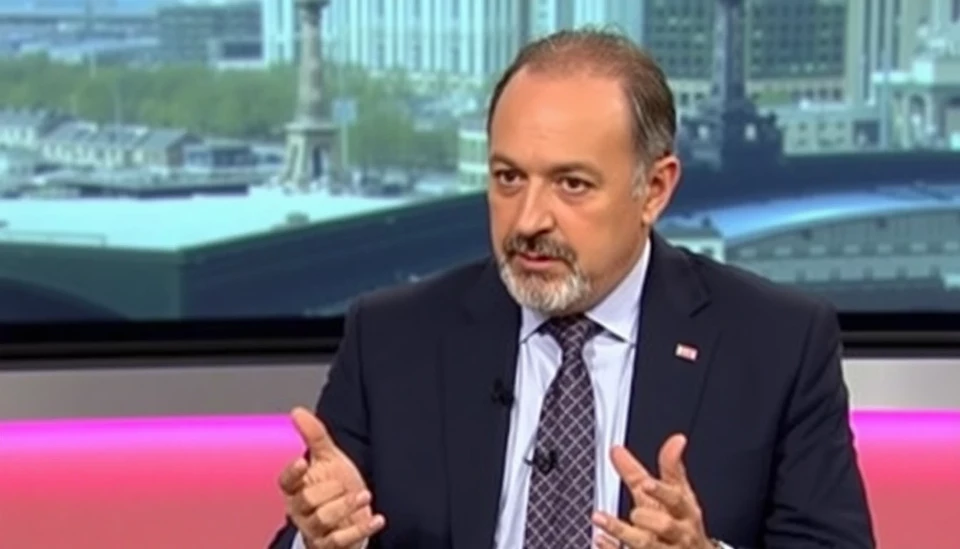
In a recent statement that has raised eyebrows among economists and market analysts, Philip Makhlouf, a prominent member of the European Central Bank (ECB), cautioned that the ongoing disinflation process in the Eurozone is encountering significant challenges that could jeopardize economic stability. This alarming warning comes in light of recent patterns in inflation rates and broader economic indicators that signal a shift in the financial landscape.
During a public address, Makhlouf elaborated on the nuances of disinflation—where inflation rates decrease but remain above zero—as he indicated this process is crucial for fostering economic recovery post-pandemic. However, he emphasized that a rapid decline in inflation could lead to unexpected economic turbulence, particularly if it triggers tighter financial conditions that would impact consumer spending and investment.
Makhlouf pointed out that the ECB must remain vigilant and reassess its monetary policy approach. The current low-interest environment, while intended to stimulate growth, may inadvertently lead to over-reliance on cheap credit and increased debt accumulation among businesses and households. These factors could, in turn, stifle any potential recovery should inflation rates continue to fall unexpectedly.
Moreover, he underscored the importance of careful monitoring of labor market trends and consumer sentiment, noting that these elements are pivotal in predicting inflation movements. An unexpected rise in unemployment or a dip in consumer confidence could exacerbate the disinflation process, posing additional risks to the stability of the Eurozone economy.
The ECB's broader objective remains clear: Maintaining price stability while supporting the economic rebound across Europe. However, Makhlouf’s remarks have ignited discussions regarding the intricacies of monetary policy and the balance central banks must strike in today's evolving economic environment.
As financial experts and policymakers continue to dissect these developments, the focus will undoubtedly remain on how the ECB navigates the complex terrain of inflation, interest rates, and economic growth in the upcoming months. Investors and stakeholders across the continent are now left to ponder the potential implications of a pivot in the ECB’s strategy as they brace for the challenges that lie ahead.
In conclusion, Makhlouf's warning serves as a stark reminder of the delicate interplay between disinflation and economic health, urging caution and foresight as the Eurozone forges ahead in its recovery journey.
#ECB #Disinflation #Makhlouf #EuropeanEconomy #MonetaryPolicy #EconomicStability #Inflation #InterestRates
Author: Rachel Greene




